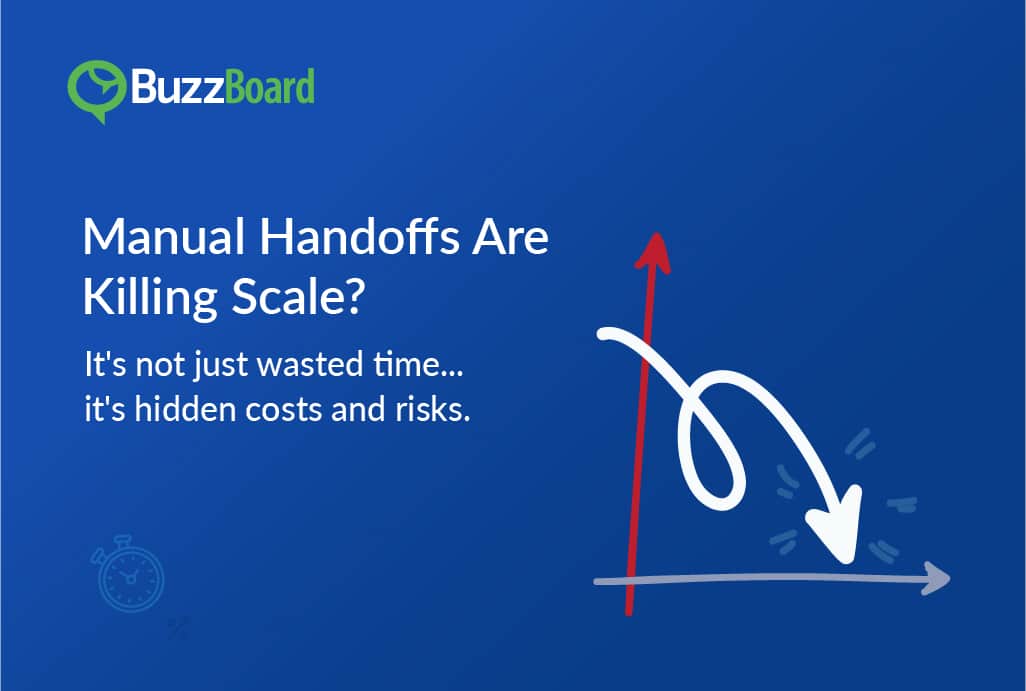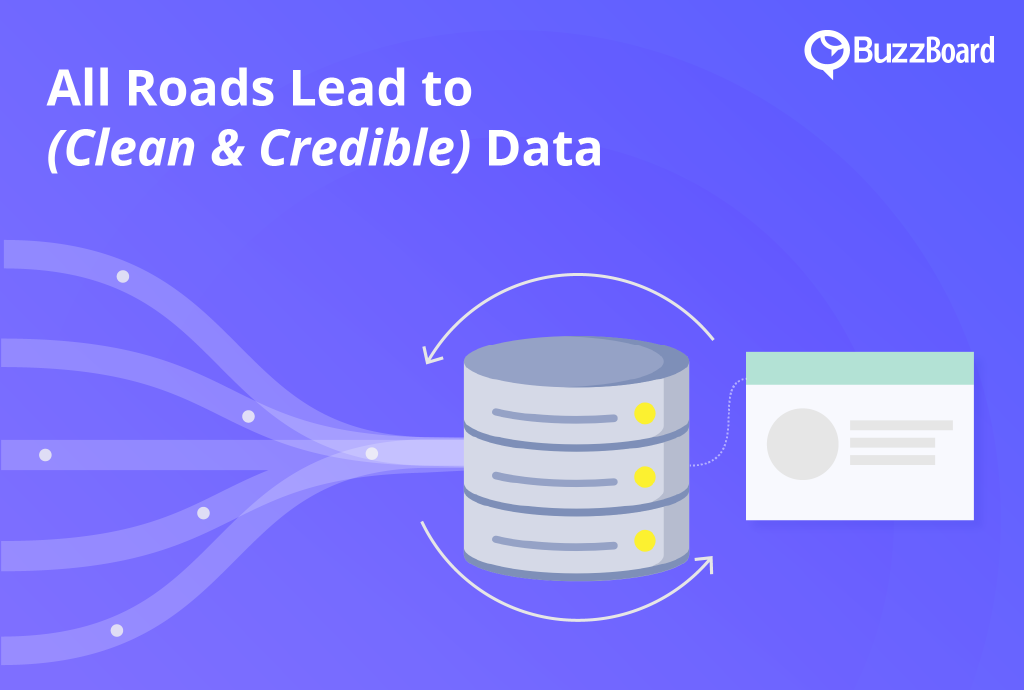As business models and marketing strategies continue to evolve, companies have started to elicit the capabilities of customer data platforms (CDPs) to gain a competitive edge. In response to this trend, Segment sponsored a Forrester study analyzing the ways CDPs have impacted businesses and where current platforms should improve. (BuzzBoard integrates with Segment.)
A customer data platform, as defined in the Forrester report, is a large database that can inform “customer profiles supplemented with analytics for segmentation and reporting.” CDPs promise to fulfill the discrepancies a business may struggle with, to generate a seamless customer experience. Many platforms are equipped with unique features to enhance customer data management, marketing strategies, and the personalization of customer experiences.
Successes and Challenges with Customer Data Platform Tooling
The modern purchasing journey demands a compelling experience for potential new customers as well as returning ones. This emphasizes the need for data analytics, and correspondingly CDPs, to improve business prospecting. At the time of the research, ecommerce accounted for 42% of B2B purchases, re-emphasizing the need for businesses to stay relevant with their messaging and context throughout the buyer’s journey.
To compete with industry leaders and remain relevant in their target market, companies must create more progressive experiences “throughout the customer lifecycle by quickly converting user data into insights.” With the right CDP, the dynamic needs of a customer can always be addressed, which has been proven to increase customer retention. The capabilities of CDP tools can also improve marketing efforts by providing real-time insights “to target the right customer with the right message.”
Forrester reported that only 31% of companies were satisfied with their current CDP.
Although many platforms provide acute informatics for businesses to use, Forrester reported that only 31% of companies were satisfied with their current CDP and its ability to address changing customer expectations. Many of these reported concerns revolved around data accuracy and integration barriers. In a 2021 BuzzBoard MSP study, 95% of sales leaders echoed that they are not confident in the accuracy of their data. These discrepancies prevent a company from generating comprehensive and actionable insights, ultimately hurting the customer experience.
Making Your Customer Data Platform Whole
While a CDP is great in building unified customer profiles and deep analytics for segmentation, journey orchestration, and reporting, realizing its full potential is limited due to lack of access to credible and richer data sources needed for effective profiling and personalization. Moreover, investment in such tools can also address the accuracy issues that keeps organizations wanting for more and better data.
BuzzBoard rounds out the journey orchestration and customer profile unification features of a CDP by filling the gap in accurate data, and enabling high levels of personalization.
68% of companies surveyed by Forrester revealed that they “can’t trust the accuracy of the provided customer data.”
With BuzzBoard, businesses have access to a database of over 30 million SMBs with a verified accuracy above industry standards. With BuzzBoard’s human-audited data enrichment services and real-time omnichannel syncing, our partners won’t be among the 80% of businesses that cannot turn fragmented data points into comprehensive user records.
65% of respondents in the Forrester research indicated that they are “planning to invest or increase their investment in customer data platforms and related solutions in the next 12 months.”
So, why wait? Schedule a demo with BuzzBoard to explore how you can gain a competitive advantage in your market and make a big impact on future customers.


